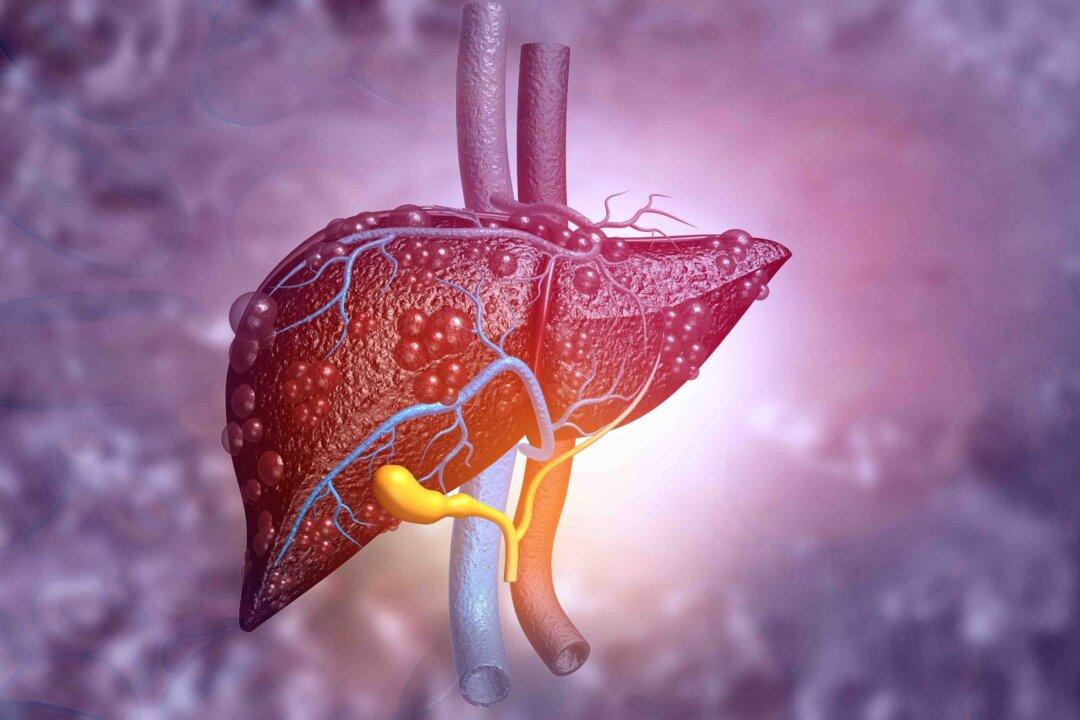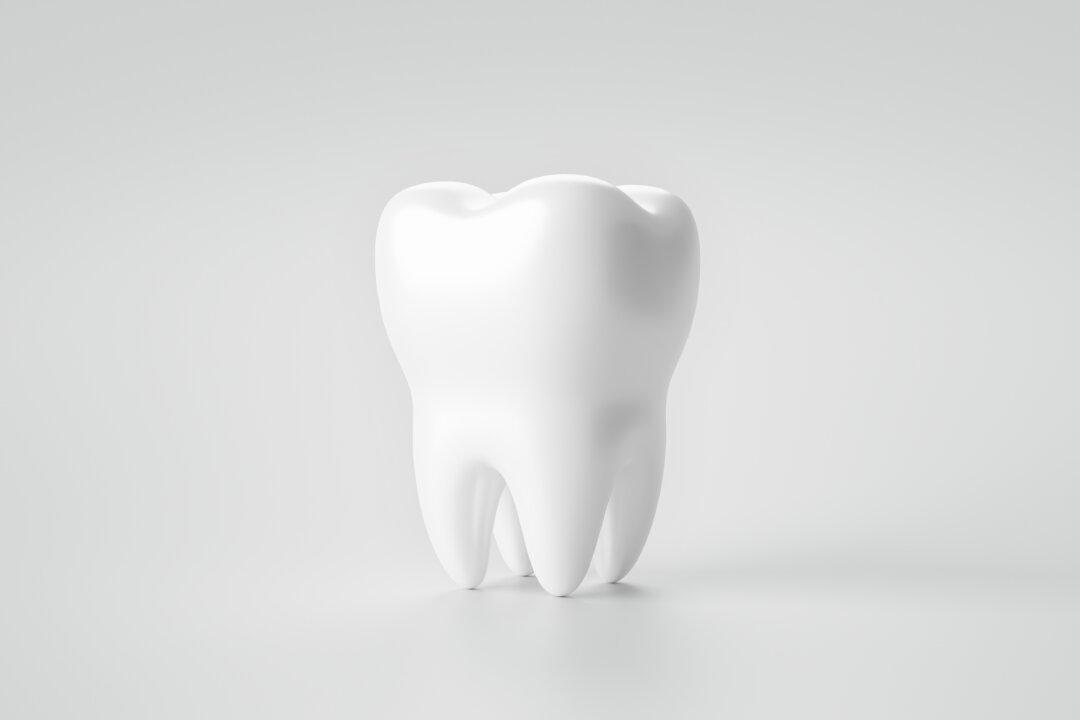Getting a good night’s sleep is about more than the time directly before bed or when your head hits the pillow. It starts almost as soon as you wake up.
How you spend your day can play a big role in how you spend your night. If your nights are long and filled with tossing and turning, looking at what you do during the day may offer a potential fix.





